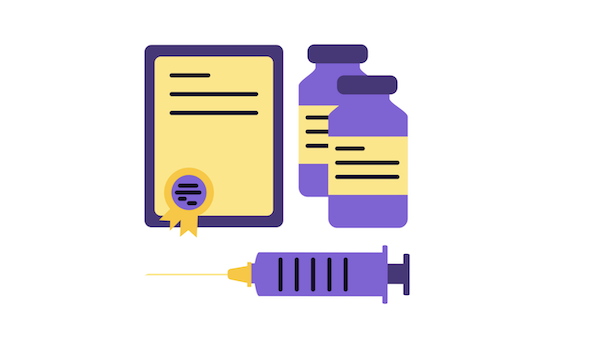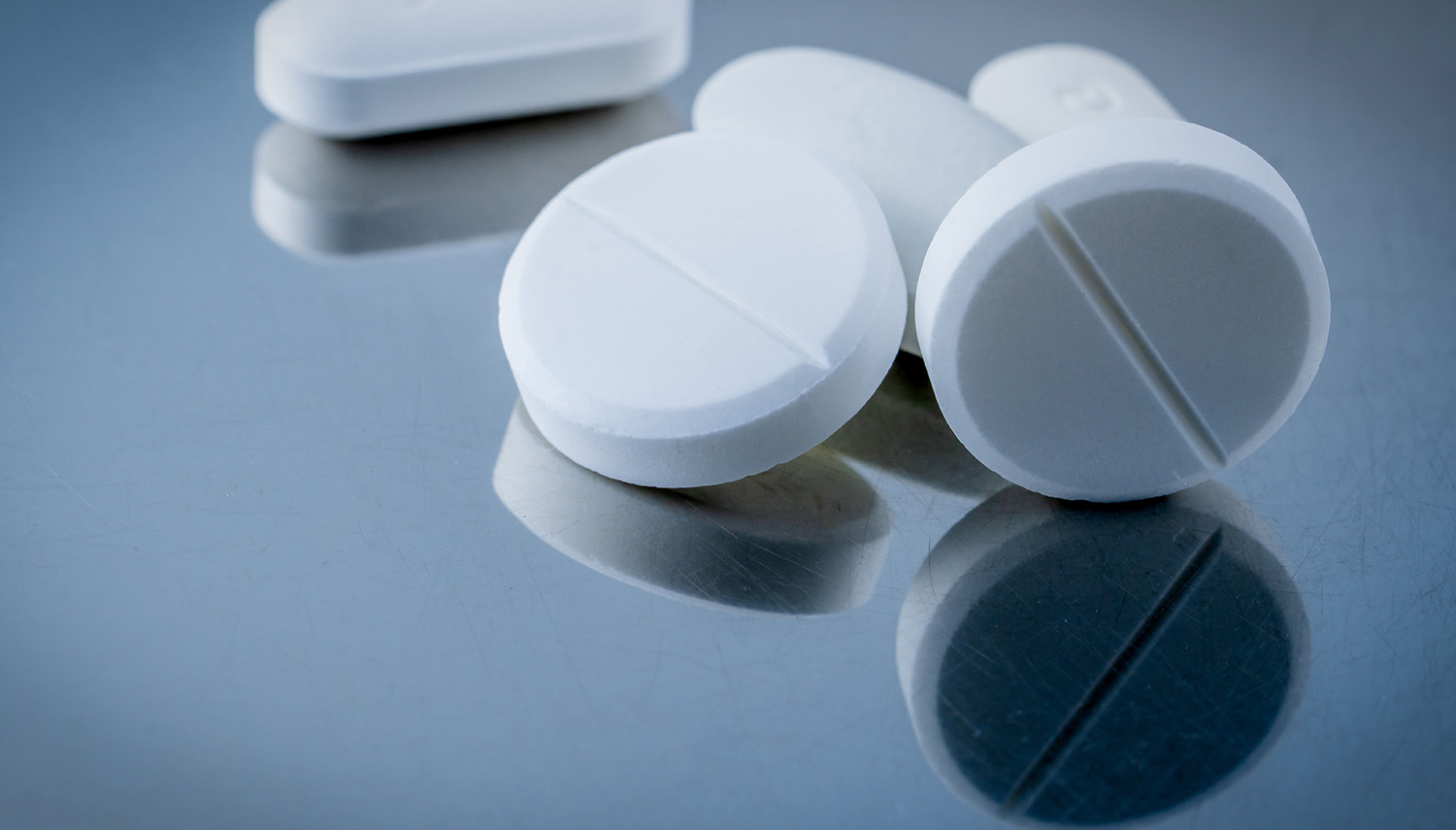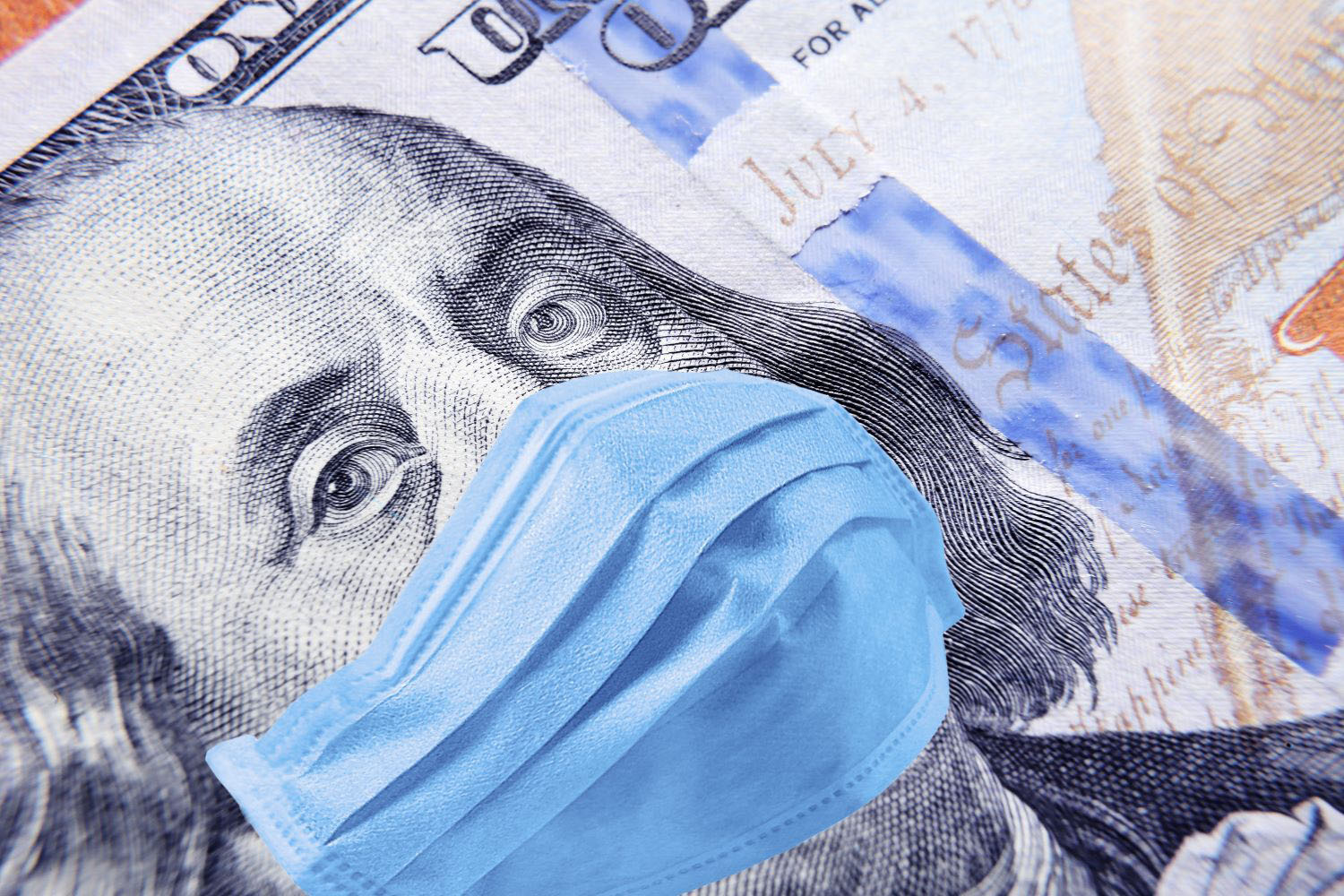Recommended
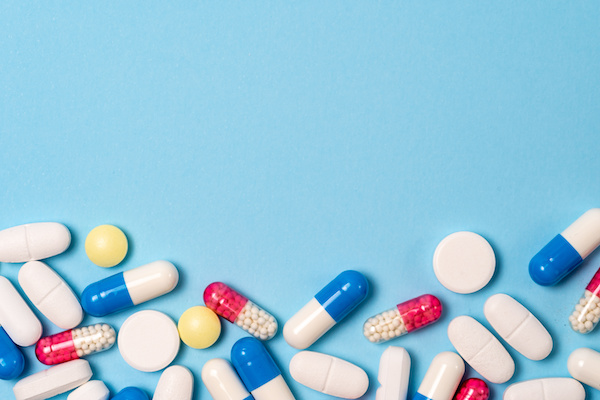
Blog Post
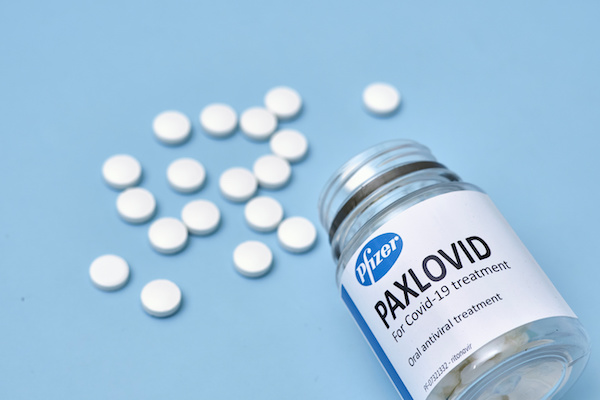
CGD NOTES
This blog is part of a body of research that examines the current state of play on COVID-19 treatments. These pieces provide a deep dive into key cross-cutting areas—demand, voluntary licensing for generic supply, and deployment—and offer policy actions for 2023 and beyond. See here for more from CGD on COVID-19 treatments.
It’s clear that COVID-19 oral antivirals are effective, and recent deals have made them even cheaper for African countries. But should these countries be investing in these medicines? Or would spending on alternative health services be better value for money? Decision-makers must weigh the costs and benefits of deciding whether oral antivirals are a good investment, and if so, which antiviral to procure. Unfortunately, there is very little available evidence on the cost-effectiveness of these antivirals and the main drivers of differences in cost-effectiveness between contexts.
What is the current evidence on the value for money of COVID-19 oral antivirals in African countries?
Evidence on cost-effectiveness is very thin in both high- and low-income countries. We conducted a rapid literature review and found only three papers analyzing the cost effectiveness of oral antivirals for COVID-19, none of which included African countries. These papers, summarized at the end of this blog, suggest that antivirals can be cost-effective, or even cost-saving, in the US and South Korea, by preventing severe COVID-19 cases and hospitalizations. However, the findings are not transferable to other settings since the treatment price and other associated costs are highly unlikely to be the same in African contexts, and treatment effectiveness may also be different in African populations. Moreover, there are myriad effective, low-cost and health interventions available to African countries, and investment in COVID-19 antivirals should be more cost-effective than the alternatives to still be value for money.
What do we know about the potential health benefits of COVID-19 oral antivirals in African countries?
Molnupiravir and Nirmatrelvir/ritonavir have been shown to reduce the risk of severe illness, hospitalization and death due to COVID-19. The World Health Organization strongly recommends nirmatrelvir/ritonavir, and conditionally recommends Molnupiravir, for treatment of mild to moderate COVID-19 patients at highest risk of hospital admission. However, these two oral antivirals are not yet available in lower-income countries, where low vaccine coverage persists and high-risk individuals are mostly untreated.
Several factors may impact the efficacy and effectiveness of COVID-19 oral antivirals particularly in the African setting.
First, there is uncertainty in the efficacy and effectiveness of COVID-19 oral antivirals in Africa, as Africa is poorly represented in the clinical trials. For example, only 0.6 percent of the nirmatrelvir/ritonavir phase III trial participants were from African countries, equating to only 14 patients and unfortunately, independent trials to assess nirmatrelvir/ritonavir efficacy and effectiveness in African countries could not obtain the required quantities of the drug to proceed.
Second, given that the benefits have largely been demonstrated in unvaccinated populations, the efficacy of COVID-19 oral antivirals for the vaccinated is less well understood—a recent study suggests a reduced effectiveness of oral antivirals in fully vaccinated individuals. This may be less crucial in largely unvaccinated African countries, but could be a consideration for targeting towards those with the greatest potential benefit. More crucial for African populations would be natural immunity, the effect of which is not reported in the current evidence base, but exposure-derived immunity may be much higher in African populations where the vaccination numbers are lower, which could also impact cost-effectiveness.
Third, the full health benefits of these antivirals can only be realized when treatment is initiated within five days of symptom onset. This has important implications for many African settings with low testing rates, or low healthcare service utilization rates, which may result in late presentation to health facilities and delays in treatment initiation.
Fourth, higher in-hospital COVID-19 mortality rates seen across Africa due to poor health systems could mean that antiviral use that prevents the need for hospitalization would yield proportionally greater health gains and avert more deaths.
Fifth, in settings with a high burden of COVID-19 risks factors, such as a higher proportion of elderly population and populations with underlying medical conditions, it may represent good value for money to adopt a targeted approach of providing antiviral treatment to only individuals at high risk of progressing to severe or critical conditions of the disease. In countries with relatively young populations with less high-risk individuals across Africa, this targeting will have a steep effect on the cost-effectiveness of oral antiviral treatments.
What do we know about drivers behind the costs and cost-effectiveness of antivirals for COVID-19?
Since rigorous, evidence-informed decision-making on new health technologies should always consider effectiveness in relation to the costs, it is unfortunate that too often cost analysis and economic evaluations continue to lag behind clinical assessments—again with very limited evidence from low- and middle-income country settings. There are several key considerations that are likely to drive the cost, and therefore the cost-effectiveness, in African countries.
First, the price paid for the drug will often be critical to determining value for money. The agreements made to offer nirmatrelvir/ritonavir at lower prices in African countries will certainly improve its cost-effectiveness, but will it truly be value for money compared to other critical services? Whether an investment is value for money will depend on how else scarce resources could be spent, and in low resource countries there tend to be many options that could yield substantial health gains. It is also worth considering that price is not fixed; when generics become available in the future as part of the voluntary licensing agreements, they will be lower in price which will have a substantial effect on cost-effectiveness considerations.
Second, it will be important to consider differences in the full cost of treating patients with oral antivirals, beyond just the cost of the drug itself. Other associated costs of delivering the antivirals include labour costs, transportation, storage, training, and so on.
Third, lower levels of hospitalization rates generally observed in Africa, compared to high income countries, could mean that the treatment costs of the COVID-19 oral antivirals are not fully offset by cost savings that could be realized from reduced hospitalizations. In addition, a large component of these hospitalization costs are driven from expensive intensive care units, of which there are fewer available in lower income countries.
Recommendations
1. Strengthen systems and processes for producing value-for-money evidence in the future
It is striking that at this late stage, so little evidence on the cost-effectiveness of COVID-19 oral antivirals is available. Cost-effectiveness should be considered much earlier in the process for new treatments, ideally being built into the clinical trials. This would go a long way to ensure evidence is high-quality and timely, ensuring the highest impact for decision-makers, who throughout the pandemic, have had to make many decisions based on low-quality or incomplete evidence. Trials that aim to be globally representative must include significant numbers of participants from African countries—0.6 percent is not credible. African countries will need suitable systems and processes to receive and use such evidence when it becomes available. Health Technology Assessment (HTA) approaches are increasing in popularity, and regional efforts such as the Africa Centre for Disease Control and Prevention (Africa CDC) are well placed to support African countries build or strengthen their HTA systems.
2. Generate relevant evidence on the value for money of COVID-19 oral antivirals for African governments
Full and comprehensive economic evaluation would require collection of detailed data from local settings, but broad estimates can be produced making reasonable assumptions or approximations. Available data will be interpreted using a simple model to estimate the expected health benefits of COVID-19 oral antivirals use, as well as the full cost. We are already working to produce some of this data; the Africa CDC in collaboration with the Center for Global Development (CGD) will support a rapid assessment the cost-effectiveness of Molnupiravir and nirmatrelvir/ritonavir, compared to current standard of care in three African countries. To facilitate transferability of findings across a wider set of countries within Africa, the study will evaluate a range of scenarios and determine different sets of conditions under which nirmatrelvir/ritonavir and molnupiravir may or may not represent good value for money. Context is key for cost effectiveness, and so in addition to the planned analysis on the cost-effectiveness of COVID-19 oral antivirals from Africa CDC and CGD, other analysis is likely needed, particularly if significant spending is planned. Major policy decisions by multilateral funds and other global health actors should be supported by evidence demonstrating value for money from the perspective of recipient countries and from the perspective of the donor. Decision-makers in African countries may wish to draw on and/or adapt the Africa CDC analysis or other studies that emerge in the first quarter of 2023.
Disclaimer
CGD blog posts reflect the views of the authors, drawing on prior research and experience in their areas of expertise. CGD is a nonpartisan, independent organization and does not take institutional positions.


